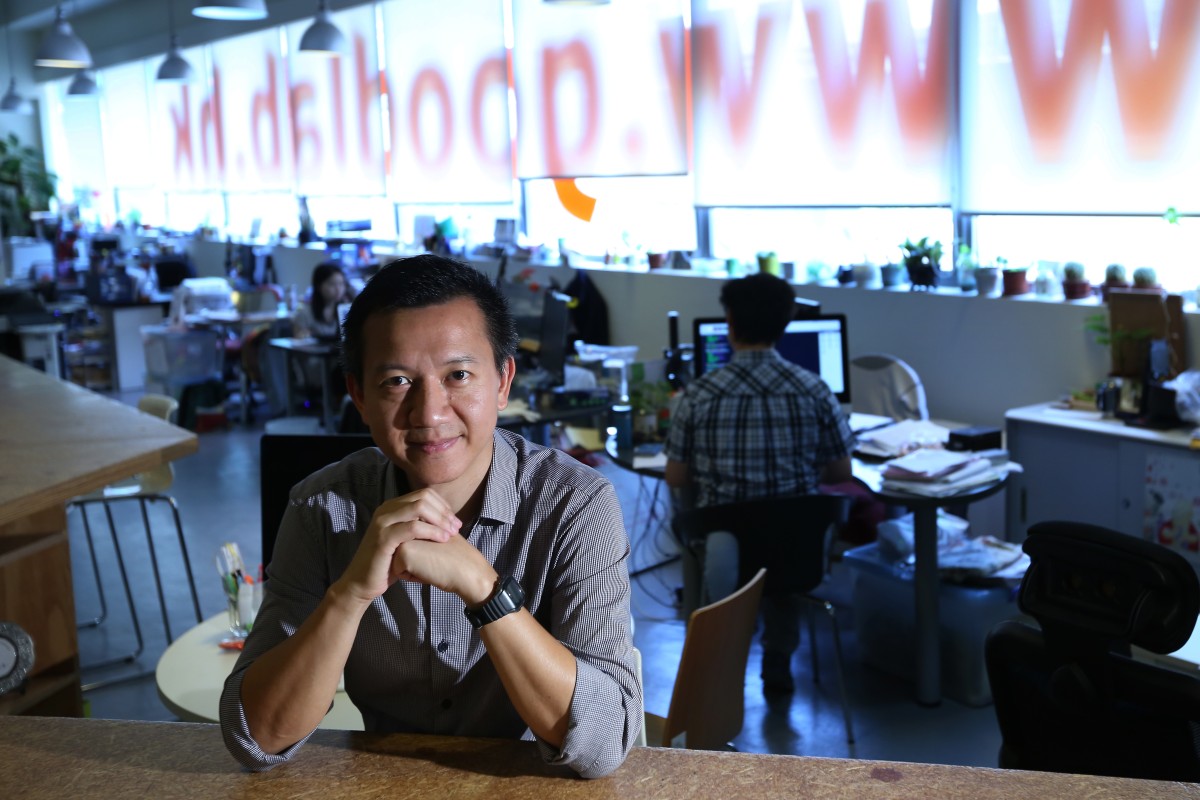
Judges of the Student of the Year Awards want to see how candidates for the Grand Prize have contributed to the community, among other achievements
 Francis Ngai believes that students should not only think and dream but also feel and do.
Francis Ngai believes that students should not only think and dream but also feel and do.Expectations are high of finalists for the Student of the Year (SOTY) Grand Prize competition this year. Their academic results and essays show that they are all talented and much will depend on how they present themselves – and how their positive qualities can help them stand out in the close competition.
“I definitely see many of them as dreamers and innovators. They have great passion … and I can tell they are no traditional clone-achievers,” says Francis Ngai, chief executive and founder of Social Ventures Hong Kong, who is a returning judge of the competition.
The winners are expected to join notable SOTY alumni such as 1978 winner Raymond Young, who became the permanent secretary of the Home Affairs Bureau, served Hong Kong in the civil service for three decades and after retirement still keeps contributing to the community.
The top students will also participate in a leadership camp to further refine their skills, and in a city-wide school tour designed to focus attention on developing students’ leadership skills, team spirit and all-round abilities.
“They will be role models to their fellow students, so they are expected to be all-rounded and driven to excel,” says Tammy Tam, editor-in-chief of the South China Morning Post, who will be one of the judges.
She expects the winners to have two important attributes: aspirations, which motivate them to outdo themselves, and communication and leadership skills which allow them to work well with others and command respect.
Ken Ngai, deputy executive director of the Hong Kong Federation of Youth Groups (HKFYG), who will be a first-time judge, also thinks their aspirations and leadership skills – including the ability to influence others – will make the difference. He would like to see gratitude in students for the unique opportunities life has afforded them and a willingness to support others.
According to Tam, the judges will look for admirable qualities and a passion for self-improvement. “They have to be themselves to begin with. Achievements are what got them shortlisted, but we also want to see the passion behind their stories: what drives them to attain those achievements, what aspirations they harbour and what future they see for themselves and the community they live in,” she says.
Ngai of HKFYG would like to see the winners able to use new media for cross-disciplinary studies and be able to distinguish between true and false information on the internet.
To pick a winner among equals, he also wants to see their passion. “I was very impressed by the essays. They are all winners, there are no losers in the batch. They are all well written, but I want to see how they present themselves, whether they put any self-reflection or real-life examples into the stories to show how events impacted them,” he says.
Volunteering to contribute to society carries weight in the judging process of the awards, which themselves are a contribution to society by the SCMP and the Hong Kong Jockey Club.
Tam emphasises that giving back to the community and those in need is integral to the mission of SOTY. She also points out that community work is a two-way street. While the community benefits from students’ contributions, the students themselves gain the experience of working with others and thinking not only for themselves but the community at large.
“We have seen community projects ignite passions in students which they were not aware of before. That’s part of what the awards are about,” she says.
Ngai of Social Ventures also believes that well-balanced development is important, a strong interest in our community and future world is crucial, and students should “not only think and dream but also feel and do”. His expectation of the students is to help create a better world that can allow more people to follow their dreams.
Tam says the awards facilitate an environment for students to fully realise their potential as tomorrow’s leaders, while Ngai of Social Ventures believes the top students will see things from a new ground – “higher, further, bigger” – which will also bring them more responsibility.
Ngai of HKFYG encourages students to look at this occasion as a good chance to review what they have done in the past 16 or 17 years, and not to get discouraged if they don’t win.
“Not matching the marking scheme exactly does not mean that you are any less successful than others,” he says.